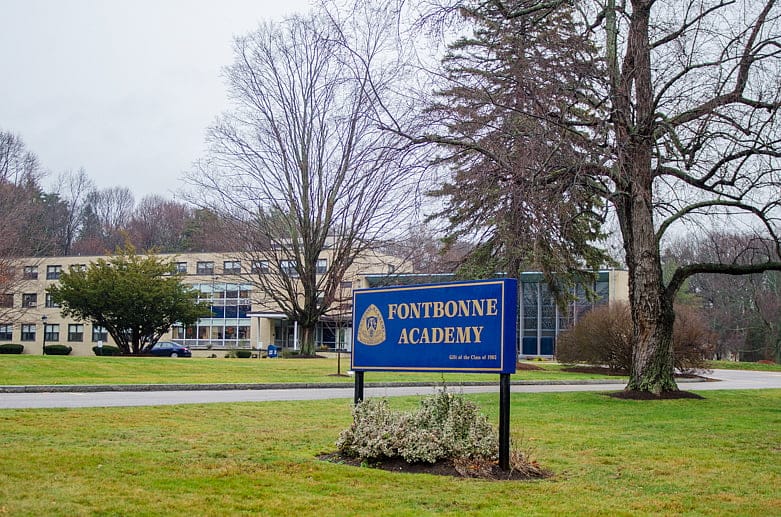Lawyers fret over religious liberty erosion after Milton Catholic school ruling

MILTON – Some religious liberty advocates are expressing concern about eroded religious freedom in Massachusetts after a state court judge ruled that an all-girls Catholic school in Milton violated state anti-discrimination law when it rescinded a job offer because the applicant had a same-sex spouse.
Fontbonne Academy, run by the Congregation of the Sisters of Saint Joseph of Boston, began the process of hiring Matthew Barrett as food services director in 2013, but quickly withdrew its job offer when Barrett listed his husband as an emergency contact. Barrett sued the school, claiming that it had discriminated against him in violation of Massachusetts law, which prohibits discrimination on the basis of sexual orientation.

